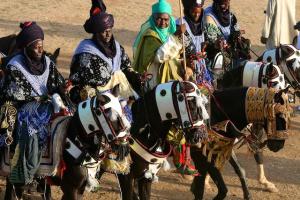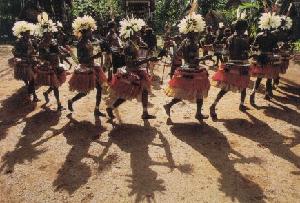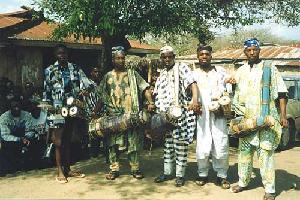Asset Publisher
Small Dictionary of Nigerian Languages
Asset Publisher
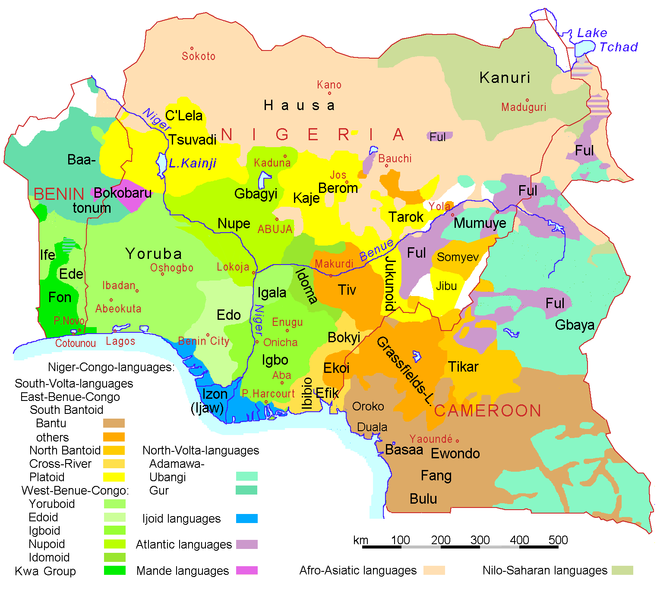 http://en.wikipedia.org/wiki/File:Nigeria_Benin_Cameroon_languages.png
http://en.wikipedia.org/wiki/File:Nigeria_Benin_Cameroon_languages.png
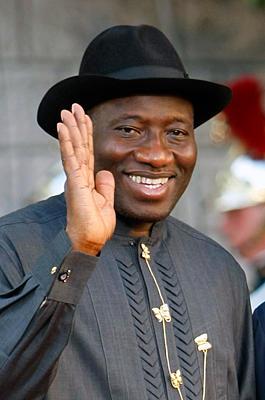 www.operationnigeria.blogspot.com
www.operationnigeria.blogspot.com
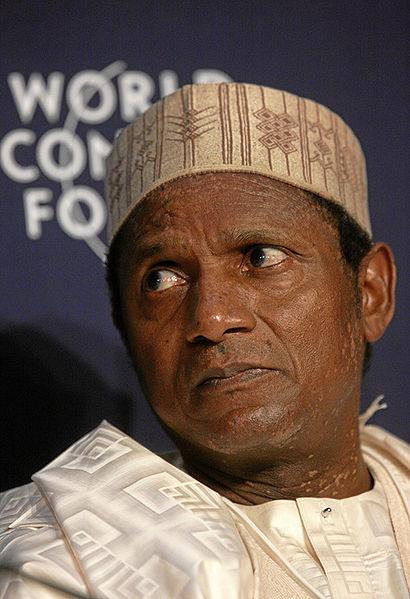 http://en.wikipedia.org/wiki/File:YarAdua_WEF_2008.jpg
http://en.wikipedia.org/wiki/File:YarAdua_WEF_2008.jpg
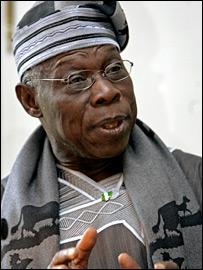 www.entertainmentgossipng.blogspot.com
www.entertainmentgossipng.blogspot.com
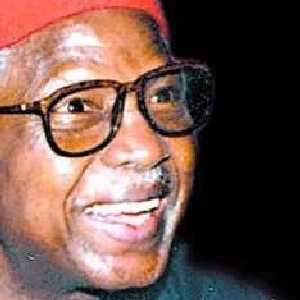 http://igbopeople.blogspot.com/2009/03/alex-ekwueme.html
http://igbopeople.blogspot.com/2009/03/alex-ekwueme.html
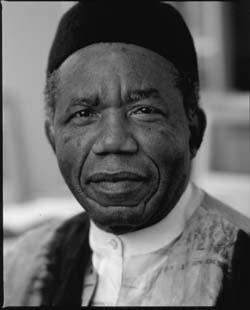 http://4.bp.blogspot.com/_O90Xgmx1TzM/TJ_MbrFxepI/AAAAAAAABJ0/C4ydemAV4bk/s1600/chinua_achebe.jpg
http://4.bp.blogspot.com/_O90Xgmx1TzM/TJ_MbrFxepI/AAAAAAAABJ0/C4ydemAV4bk/s1600/chinua_achebe.jpg
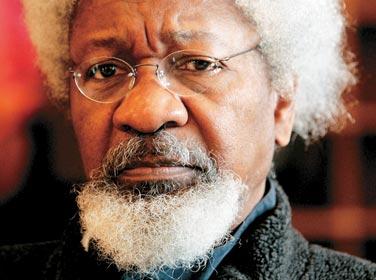 http://beautiful-afrique.tumblr.com/post/7614697798/wole-soyinka
http://beautiful-afrique.tumblr.com/post/7614697798/wole-soyinka
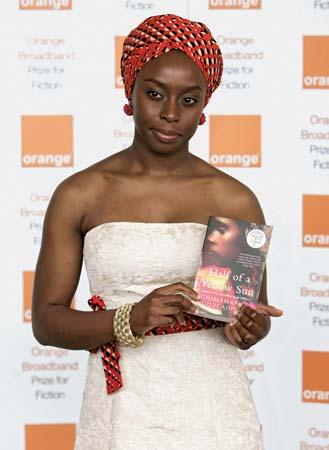 http://www.britannica.com/EBchecked/topic/1018376/Chimamanda-Ngozi-Adichie
http://www.britannica.com/EBchecked/topic/1018376/Chimamanda-Ngozi-Adichie
 http://en.wikipedia.org/wiki/File:Nigeria_Benin_Cameroon_languages.png
http://en.wikipedia.org/wiki/File:Nigeria_Benin_Cameroon_languages.png
 www.operationnigeria.blogspot.com
www.operationnigeria.blogspot.com
 http://en.wikipedia.org/wiki/File:YarAdua_WEF_2008.jpg
http://en.wikipedia.org/wiki/File:YarAdua_WEF_2008.jpg
 www.entertainmentgossipng.blogspot.com
www.entertainmentgossipng.blogspot.com
 http://igbopeople.blogspot.com/2009/03/alex-ekwueme.html
http://igbopeople.blogspot.com/2009/03/alex-ekwueme.html
 http://4.bp.blogspot.com/_O90Xgmx1TzM/TJ_MbrFxepI/AAAAAAAABJ0/C4ydemAV4bk/s1600/chinua_achebe.jpg
http://4.bp.blogspot.com/_O90Xgmx1TzM/TJ_MbrFxepI/AAAAAAAABJ0/C4ydemAV4bk/s1600/chinua_achebe.jpg
 http://beautiful-afrique.tumblr.com/post/7614697798/wole-soyinka
http://beautiful-afrique.tumblr.com/post/7614697798/wole-soyinka
 http://www.britannica.com/EBchecked/topic/1018376/Chimamanda-Ngozi-Adichie
http://www.britannica.com/EBchecked/topic/1018376/Chimamanda-Ngozi-Adichie








The Afro-Asiatic language Hausa is spoken by about 30 to 50 million people, including approximately 19 million Nigerians. Therefore, it is the most widely spoken trade language in western and central Africa and has official status in Benin, Burkina Faso, and Ghana. In Niger, Hausa is recognized as minority language. In Nigeria, Hausa is an official language in Sokoto, Kaduna, Kano, and Bauchi States.
In southwestern Nigeria, in the so-called Yorubaland, Yoruba is besides others the most commonly spoken language. Yorubaland includes among Ogun, Ondo, Kwara, Lagos, and western parts of Kogi States in Nigeria also parts of Benin and Togo. Beyond the borders of Yorubaland, some of the over 30 million speakers are found in Brazil and Cuba. Yoruba is a Niger-Congo language.
Apart from the official language English, the third main language in Nigeria is Igbo with about 18 million speakers. The native language of the Igbo tribe is mainly spoken in the southeast of Nigeria and belongs just as Yoruba to the Niger-Congo language family.
We provide you with a brief dictionary that introduces the most common terms and daily phrases of these three groups and hopefully simplifies the local communication for you.
DEUTSCH | ENGLISH | HAUSA | YORUBA | IGBO |
Begrüßung | Greeting | Gaisuwa | Ikini | Ekele |
Guten Morgen! | Good morning! | Ina kwana? | E ku aro | Ututu Oma |
Guten Tag! | Good afternoon! | Barka da yamma! | Ekaasan | Ehiehie Oma |
Hallo! | Hello! | Sannu! | Bawo ni! | Kedu! |
Response: Hallo! | Response: Hello! | Response: Yauwa, Sannu! | Response: Dada! | Response: Odinma! |
Wie geht's dir? | How are you? | Kina (w)/Kana (m) lafiya? | Dada lo wa? | Kedu ka ime? |
Gut | Fine | Lafiya | Dada | Odinma |
Bis morgen! | See you tomorrow! | Sai gobe! | Mo ma rie lo la! | Ka odi echi! |
Tschüß! | Bye! | Sai an juma! | Odabo! | Bye! |
Wie heißt du? | What's your name? | Mene ne sunanki(w)\ka(m)? | Kin ni oruko re? | Gini bu afga gi? |
Danke | Thanks | Naa gode | Ose | Dalu |
Bitte | Please | Don Allah | Jowo | Biko |
Ja | Yes | I/Eh | Oda | Eeh |
Nein | No | A'a | Koda | Mba |
Wieviel Uhr ist es? | What time is it? | Кarfe nawa ne? | Ago Melo?/iyba wo? | Gini na aku? |
Essen | Food | Abinci | Ohunje | Nri |
Wasser | Water | Ruwa | Omi | Mmri |
Gemüse | Vegetables | Kayan lambu | Efo | Akwuk wo nri |
Tomaten | Tomatoes | Tumatir | Timati/tomati | Tomato |
Karotten | Carrots | Karas | Karoti | Karoti |
Fleisch | Meat | Nama | Eron | Anu |
Fisch | Fish | Kifi | Eja | Azu |
Yam | Yam | Doya | Isu | Ji |
Reis | Rice | Shinkafa | Rice | Osikapa |
Brot | Bread | Burodi | Bread | Bread |
Kartoffeln | Potatoes | Dankali | Oduku | Potato |
Ich habe Hunger. | I'm hungry. | Ina jin yunwa. | Ebi ipa mi. | Agu na agum. |
Ich habe Durst. | I'm thirsty. | Ina jin кishirwaa. | Ohungbe gbe mi. | Nchoro ingu mmiri. |
Auf dem Markt | At the market | A kasuwa | Inu oja | Na afia |
Markt | Market | Kasuwa | Oja | Afia |
Geschäft | Shop | Kanti | Iso | Ulo afia |
Wo ist der Markt? | Where is the market? | Ina kasuwa ne? | Nebo loju na? | Ke be afia di? |
Hast du... / Haben sie...? | Do you have...? | Kina (w) / Kana (m) da…? | Inje oni…? | I nwere…? |
Wieviel kostet ...? | How much is the...? | … nawa (nawa) nee? | E lo ni...? | Ego ole…? |
Reisen | Travelling | Tafiya | Irin ajo | Njem |
Auto | Car | Mota | Moto | Ugbo ala |
Fahrrad | Bicycle | Keke | Keke | Bicycle |
Zug | Train | Jirgin kasa | Oko oju irin | Ugbo oloko |
Schiff | Ship | Jirgin ruwa | Oko oju omi | Ugbo mmiri |
Flugzeug | Plane | Jirgin sama | Oko oju ofurufu | Ugbo elu |
Wo ist der Weg nach …? | Where is the way to…? | Ina hanyar zuwa…? | Ibo ni ona…? | Kedu uzo…? |
Ich möchte nach ….fahren. | I want to go to … | Ina so in je …. | Mo fe lo … | Nchoro ijee…. |
Bitte, halte hier an. | Please, stop here. | Don Allah, ka tsaya a nan. | Dakun duro. | Biko kwusi ebea |
Zahlen | Numbers | Lamba | Ohunka | Ogu onu |
eins | one | ďaya | eyokan | ofu |
zwei | two | biyu | eji | abuoa |
drei | three | uku | eta | ato |
vier | four | hudu | erin | ano |
fünf | five | biyar | arun | ise |
sechs | six | shida | eva | isii |
sieben | seven | bakwai | eje | asaa |
acht | eight | takwas | ejo | asato |
neun | nine | tara | esan | itolu |
zehn | ten | goma | meoa | iri |
elf | eleven | (goma) sha ďaya | mo kam la | iri ofu |
zwölf | twelve | (goma) sha biyu | mejila | iri abuoa |
dreizehn | thirteen | (goma) sha uku | metala | iri ato |
vierzehn | fourteen | (goma) sha hudu | merinla | iri ano |
zwanzig | twenty | ahsirin/ishirn | ogun | ogu |
einundzwanzig | twenty-one | ishirin da ďaya | moka le logun | ogu nofu |
dreißig | thirty | talatin | ogban | iri ato |
einunddreißig | thirty-one | talatin da ďaya | okun le logban | iri ato nofu |
vierzig | forty | arba’in | oyuji | ogu nabo |
fünfizig | fifty | hamsin | adota | iri ise |
sechzig | sixty | sittin | ogota | iri isii |
siebzig | seventy | saba'in | adorin | iri asaa |
achtzig | eighty | tamanin | ogorin | iri asato |
neunzig | ninety | casa'in | adorun | iri itolu |
hundert | hundred | ďari | ogorun | nari |
zweihundert | two hundred | ďari biyu | igba | nari abuoa |
eintausend | thousand | dubu | egberun | puku |
Wochentage | Days of the week | Ranar mako | Oruko ojo | Ubochi izu |
Montag | Monday | Litinin | Aje | Ubochi Monday |
Dienstag | Tuesday | Talata | Isegun | Ubochi Tuesday |
Mittwoch | Wednesday | Laraba | Ojoru | Ubochi Wednesday |
Donnerstag | Thursday | Alhamis | Ojobo | Ubochi Thursday |
Freitag | Friday | Juma’a | Eti | Ubochi Friday |
Samstag | Saturday | Asabar | Abameta | Ubochi Saturday |
Sonntag | Sunday | Lahadi | Aiku | Ubochi Uka |
Woche | Week | Mako | Ose | Izu |
Tag | Day | Rana | Ojo | Tata |



